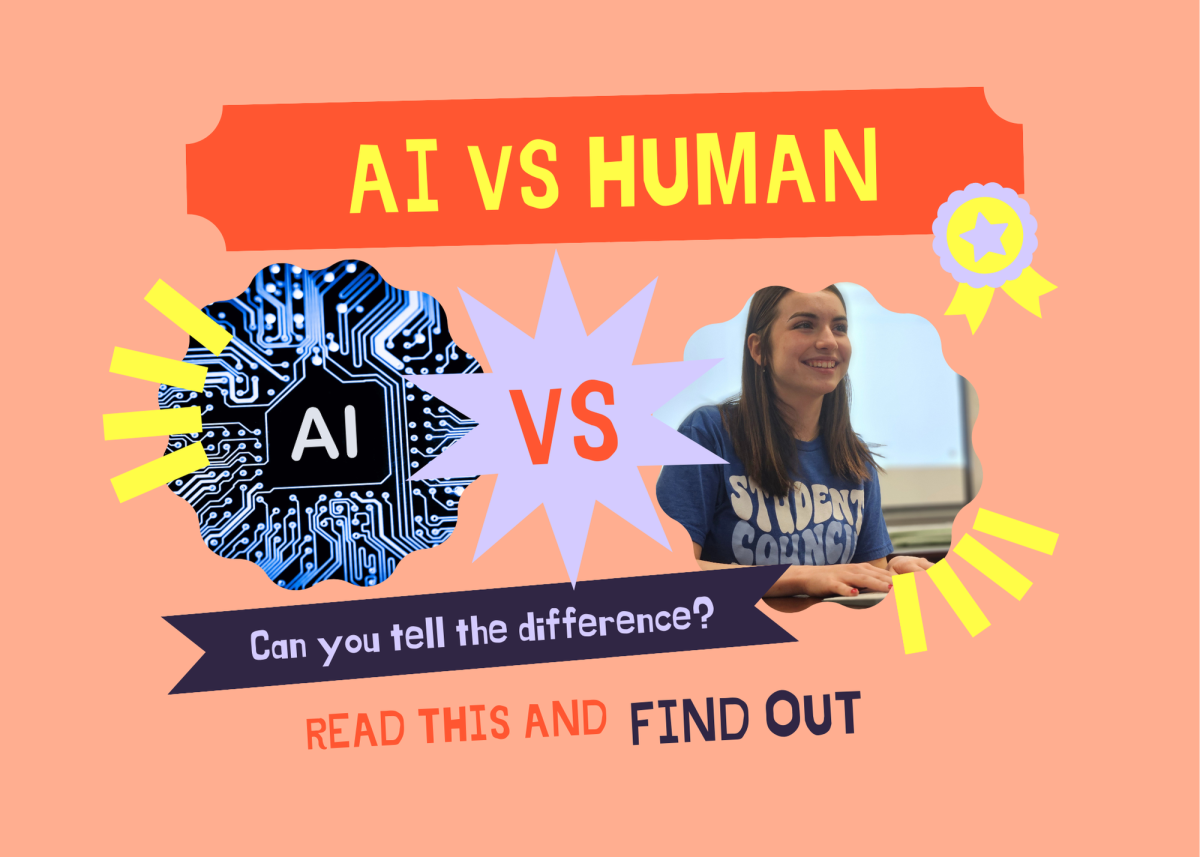Throughout human history mankind has faced a varied amount of viruses and pandemics. They have major consequences on the whole world. The pandemics have caused mass hysteria and countless deaths. These pandemics not only destroyed many social systems, but also helped the medical field take their needed steps to advance.
The World Health Organization defines a pandemic as “the worldwide spread of a new disease.” There have been a variety of pandemics throughout the past such as Ebola, HIV/AIDS, the Spanish Flu, and the Black Death. Yet, how do these compare to what we are facing now with the Coronavirus, and what steps are we taking differently compared to the past?
First is the present day pandemic which is called COVID-19. According to the WHO, as of May 3 across the world a total of 3,349,786 have been infected and 238,628 have died. So far COVID-19 has caused the most deaths of any pandemics of this century with Swine Flu the closest to it with around 200,000 deaths. This is because like other pandemics it is new and no one in this era had immunity. Another leading factor is age with people over 60 having a higher risk, and underlying health conditions which could make it more severe.
Although compared to past pandemics, the world has better hygiene with people working to stay clean. According to UNICEF (United Nations International Children’s Emergency Fund), this helps tremendously by reducing the virus and lowering the risk for disease. Other things the world is doing include self isolation for everyone whether they have the virus or not. According to John Hopkins medicine this helps by flattening the curve which reduces the stress of medical facilities and spreads cases over a long period of time.
Compared to past pandemics where we usually only isolated people known to be infected with the virus. Another thing which differs from past pandemics is that people lived in crowded conditions and had extremely poor hygiene. This caused the severity of those pandemics to increase by a large amount. Also in the present day the world has a greater awareness of how the viruses and pandemics work, as well as better healthcare, both in terms of access to hospitals, but also to antibiotics, antiviral drugs and other approaches to treating diseases.
On the other hand, we have a far more connected world through travel and a denser population which makes COVID-19 spread easier and faster. This is compared to plagues in ages past, such as the Black Plague when it was incredibly difficult to travel far distances thus lessening the spread in other regions. The field of medicine which tests drugs for the disease is also very strong which gives a better chance of recovery to those infected. Another thing is that global communication and sharing of information is significantly better than in past years such as when the Spanish flu was active.
One of the similar things that is happening is not having the ability to test people and not knowing who has the virus which compares to other pandemics. In short the COVID-19 epidemic is an enormous and unique challenge throughout the world and we are not close to beating it. With the help of our technology and medicine we can eventually contain and beat this pandemic. With the only thing we need to do is learn from the past and continue to grow in the future.











